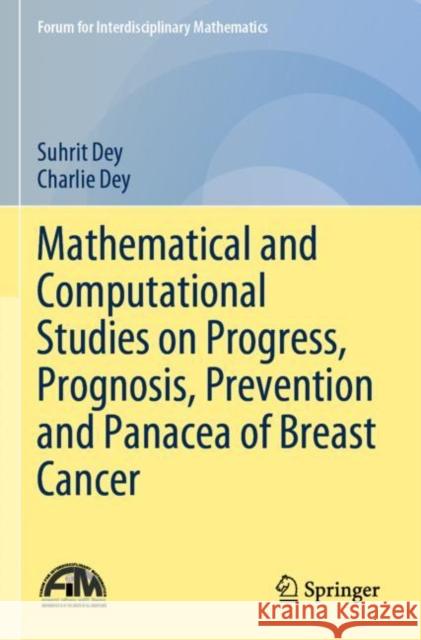Mathematical and Computational Studies on Progress, Prognosis, Prevention and Panacea of Breast Cancer » książka
topmenu
Mathematical and Computational Studies on Progress, Prognosis, Prevention and Panacea of Breast Cancer
ISBN-13: 9789811660795 / Angielski / Miękka / 2023 / 351 str.
Mathematical and Computational Studies on Progress, Prognosis, Prevention and Panacea of Breast Cancer
ISBN-13: 9789811660795 / Angielski / Miękka / 2023 / 351 str.
cena 322,77
(netto: 307,40 VAT: 5%)
Najniższa cena z 30 dni: 308,41
(netto: 307,40 VAT: 5%)
Najniższa cena z 30 dni: 308,41
Termin realizacji zamówienia:
ok. 16-18 dni roboczych.
ok. 16-18 dni roboczych.
Darmowa dostawa!
Kategorie:
Kategorie BISAC:
Wydawca:
Springer Verlag, Singapore
Seria wydawnicza:
Język:
Angielski
ISBN-13:
9789811660795
Rok wydania:
2023
Ilość stron:
351
Wymiary:
23.5 x 15.5
Oprawa:
Miękka
Dodatkowe informacje:
Wydanie ilustrowane











